- Iran
- Israel-Hamas
-
Topics
FeaturedInternational efforts, such as the Paris Agreement, aim to reduce greenhouse gas emissions. But experts say countries aren’t doing enough to limit dangerous global warming.
-
Regions
FeaturedIntroduction Throughout its decades of independence, Myanmar has struggled with military rule, civil war, poor governance, and widespread poverty. A military coup in February 2021 dashed hopes for…
Backgrounder by Lindsay Maizland January 31, 2022
-
Explainers
FeaturedDuring the 2020 presidential campaign, Joe Biden promised that his administration would make a “historic effort” to reduce long-running racial inequities in health. Tobacco use—the leading cause of p…
Interactive by Olivia Angelino, Thomas J. Bollyky, Elle Ruggiero and Isabella Turilli February 1, 2023 Global Health Program
-
Research & Analysis
FeaturedA clear-headed vision for the United States' role in the Middle East that highlights the changing nature of U.S. national interests and the challenges of grand strategizing at a time of profound change in the international order.
Book by Steven A. Cook June 3, 2024
-
Communities
Featured
Webinar with Carolyn Kissane and Irina A. Faskianos April 12, 2023
-
Events
FeaturedJohn Kerry discusses his work as U.S. special presidential envoy for climate, the challenges the United States faces, and the Biden administration’s priorities as it continues to address climate chan…
Virtual Event with John F. Kerry and Michael Froman March 1, 2024
- Related Sites
- More
April 15, 2011
SudanAcross eight years, two administrations, and the direct interventions of a deputy secretary of state and three special envoys, U.S. attempts to promote a lasting peace for Darfur have failed. The mos…
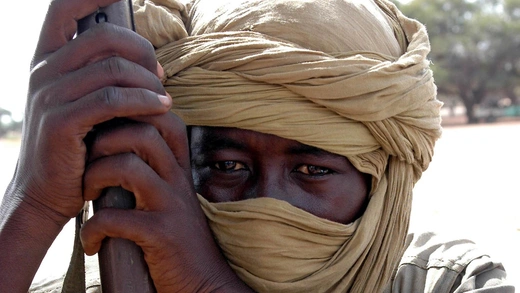
March 7, 2012
CubaThe imminent drilling of Cuba's first offshore oil well raises the prospect of a large-scale oil spill in Cuban waters washing onto U.S. shores. Washington should anticipate this possibility by imple…
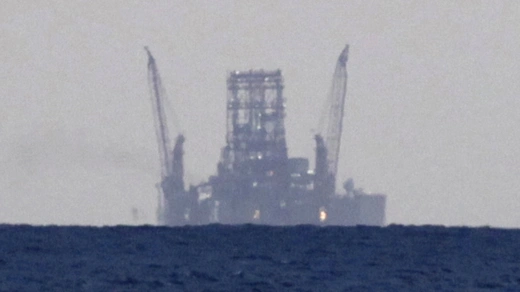
August 9, 2012
ZimbabweAs Zimbabwe moves closer to elections, the prospect for political violence, even civil war, grows. President Robert Mugabe's Zimbabwe African National Union-Patriotic Front (ZANU-PF) and Prime Minist…
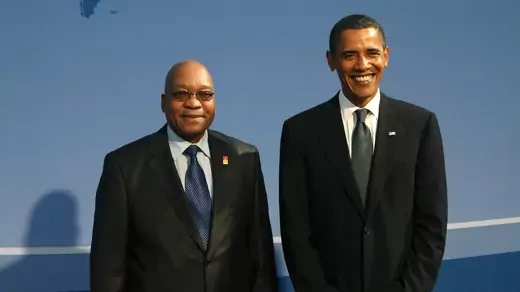
September 26, 2018
PeacekeepingWomen are routinely underrepresented in peacekeeping operations, even though their participation has been shown to improve mission effectiveness and advance stability. The U.S. government should support a UN premium for police- and troop-contributing countries to increase the training and deployment of female peacekeepers.
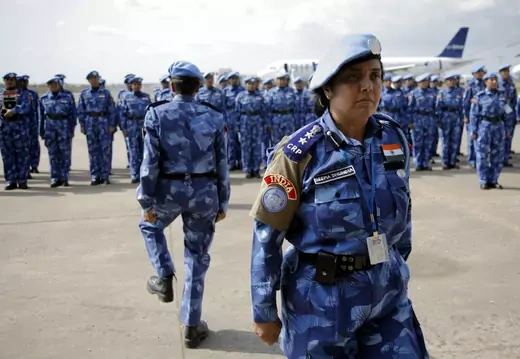
August 11, 2014
Fossil FuelsEach year, governments around the world spend more than half a trillion dollars on fuel subsidies, crowding out productive investment in poverty alleviation and growth. CFR Senior Fellow Isobel Coleman proposes establishing a private-public partnership to help governments build the case for subsidy reform directly with citizens.
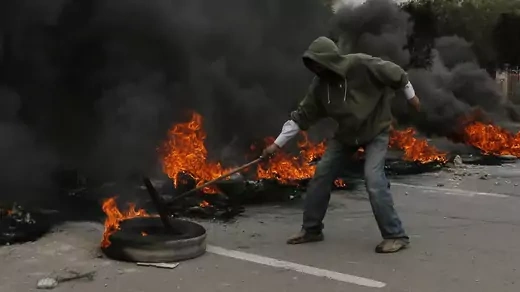
 Online Store
Online Store
